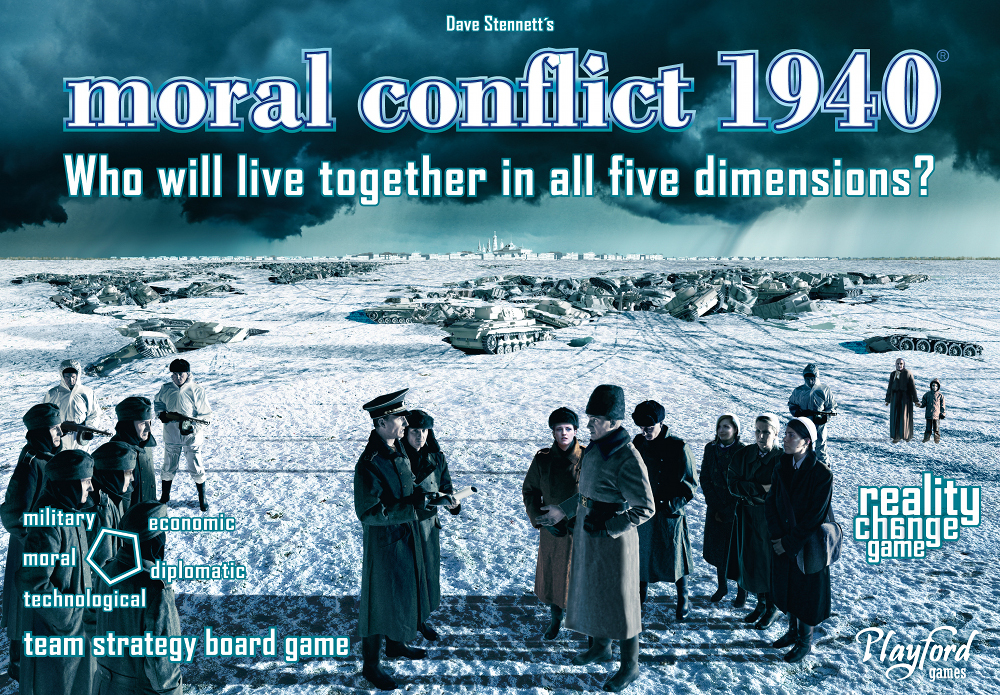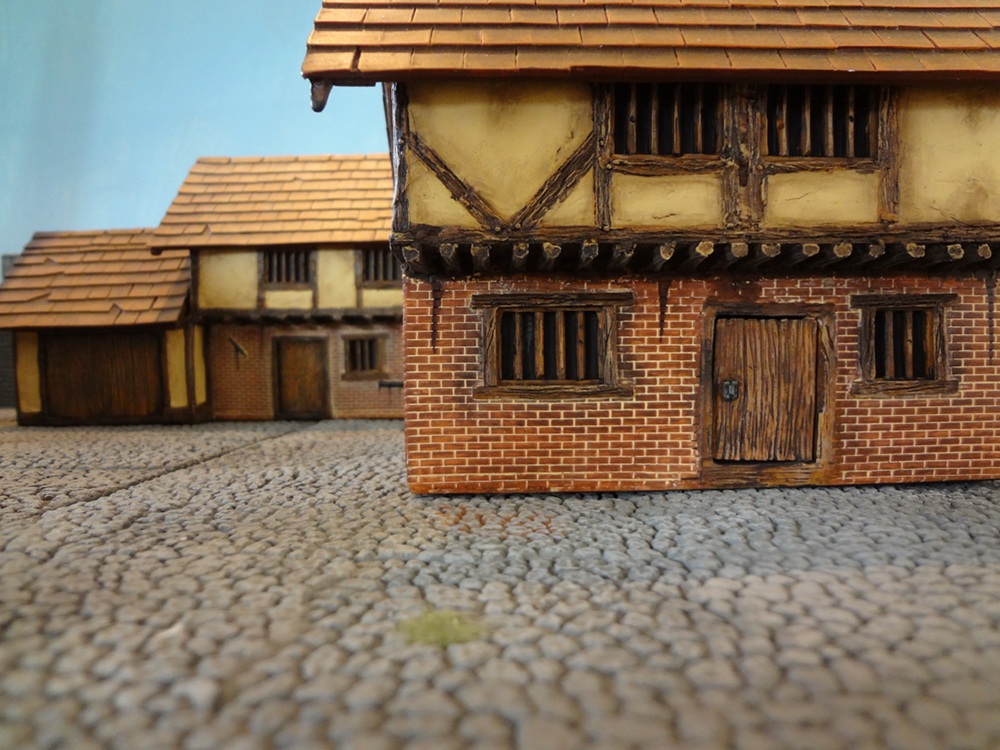GAMA Trade Show – Dave Wallace: Your Competitive Edge
Dave Wallace presented many retail seminars at the 2012 GAMA Trade Show as well as appearing opposite Jon Huston at the Online Retail panel on Thursday at the show. He runs a chain of game and comic stores in St. Louis, Missouri called The Fantasy Shop. He and wife Kelli Wallace have also written a book called “A Specialty Retailer’s Handbook: Games and Comics”. His seminars are probably one of the more compelling reasons for retailers to attend the GAMA Trade Show.
I caught Your Competitive Edge Friday morning on March 16. As with many of his other seminars, Wallace had a hand-out covering his topic, but the real value was in his experience which he shared.
“You’re only as good as your edges”
As far as competitive edges in game stores, Wallace advocates taking the “low-hanging fruit” first, which are low-cost edges such as keeping your bathroom cleaner and nicer than your competitors, having nicer displays, and a more welcoming environment. “There’s no magic bullet” though. Once your bathroom is clean, all your competitor has to do is clean his bathroom and that competitive edge has vanished, it’s “hardly a sustainable competitive edge”. The best competitive edge though, he argued, is customer service, but it also has a great cost and is much harder to achieve. A retailer doesn’t have to be the best, just better than those in his market.
Accept that you will disappoint others
“Decide who you want, go after them, don’t worry about the rest.”
At the same time, retailers need to understand that they can’t be all things to all people. Wallace advised, “Decide who you want, go after them, don’t worry about the rest.” A hardcore gamer wants to see every expansion for Munchkin and Zombies and doesn’t care about pretty displays. But the casual gamer is probably the best to sell to because the sheer volume of their sells makes up for them not buying as much. Retailers must know “who are you trying to woo?” They also need to identify customer needs. Wallace used the example of a grandmother shopping for her grandson with a list in hand. Why should a store employee approach that grandmother and say “Let me show you how to play the game”? She came with a purpose. Fulfill her need and move on.
Do you want really want price to be your competitive edge?
Much of what Wallace said foreshadowed the Online Retail debate. His focus is sustainable sales. His Magic pre-release events are oftentimes $5 higher than his competitors, so they have a competitive edge on price, but his stores still attract a strong Magic crowd. If he lowered his price by $5, then his competitors might lower their prices. Wallace warned the attendees, “is that a race you want to win?” Instead Wallace adds other competitive edges. He might throw in more extra packs for Friday Night Magic. A competitor offers his players “free” pizza. That becomes one of his competitive edges.
Rethink the Game Store Experience
Probably one of the best retail tips and paradigms that Wallace offered related to how a retailer could add immense value to his customers just by thinking like them. He used the example of RC vehicles sold at hobby stores. I think most of us nodded when he spoke of leaving hobby stores, despite his interest in the RC hobby, thinking “Jesus, I can’t buy this!” The RC hobby is seldom inviting and quite arcane. I know this from my local Hobbytown USA. But what if hobby shops created a beginner’s package? What if they had signage pointing out a lower-end model stating that it would be ready out of the box? To me, Wallace’s suggestion that retailers might open up a copy of Settlers of Catan and have it sitting out on a table reflected the same principle.
I think of Games Workshop stores; they have their miniatures out on the table and employees invite visitors to play. If nothing else, the miniatures are out for potential customers to touch and feel and get caught up in an imagined battle. How many other areas of gaming could benefit from this approach? Good gaming stores are already employing this idea and have it as one of their competitive edges.



Pingback:The 2012 GAMA Trade Show: What Went On and Who Did It | Craven Games: In-Depth Tabletop Games Coverage
Pingback:GTS Seminar: Building a Better Manager | Craven Games: In-Depth Tabletop Games and LARPing Coverage